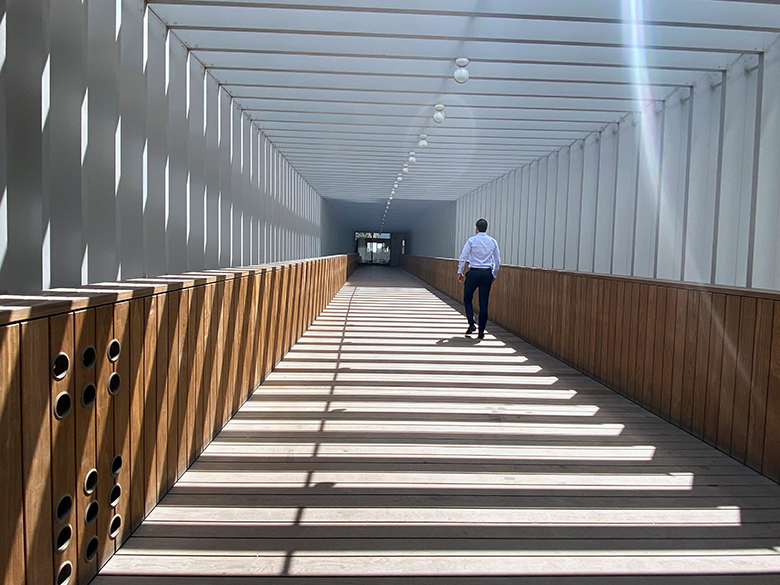Places such as the DIFC have lifted their curfew, but its a long path to financial stability
Life is returning to the Gulf’s foremost party destination. Dubai’s glitzy hotels, many of which were repurposed as isolation centres at the height of the Covid-19 outbreak are reopening. Revellers are returning to Barasti beach club, while the Dubai International Financial Centre (DIFC), the emirate’s financial heart, has lifted its curfew.
The end of June also saw Dubai World make its final repayment to creditors after the economic collapse in 2009, marking the end of a $23.5 billion debt restructuring that forced the emirate to take out billions of dollars in emergency loans to protect its economy and stave off the collapse of Dubai World’s real estate arm.
But economic data shows there is little cause for celebration. While first-quarter GDP data shows Dubai’s economy shrank by 3.5% year on year, this only reflects one month of lockdown, and many indicators suggest that the outlook for the second quarter is much worse.
The Purchasing Managers’ Index, which covers the whole economy, fell to 41.7 in April; flight cancellation rates were more than double Q1’s; and the real-estate downturn deepened.
The UAE has a relatively small domestic market, but globalization has enabled it to leverage its strategic position to become a big international economy, driven by the flow of merchandise, money and people.
The impact of Covid-19 has put a strain on the globalization model. With the future of travel, trade and business uncertain, a radical reshaping of Dubai’s economy will be required for it to survive.
Liberal threat
Dubai’s status is also threatened by the liberalization of Saudi Arabia. Every weekend Saudis flood into the city to take advantage of its more relaxed lifestyle, but the rise of the entertainment sector in Riyadh and beyond is expected to stem this flow.
The diversification and reshaping of economies takes time, though, as the Gulf’s struggle to develop its private sector shows, and Dubai needs cash soon.
Another bail-out from Abu Dhabi is unlikely with oil prices as they are, but the UAE is not short of attractive assets in both the utilities and tourism-related industries. As a result, monetization of existing assets, consolidation, restructuring and cross-border M&A are expected to pick up.
Abu Dhabi’s government-related entities are already optimising.
Last year Adnoc sold a stake in its pipelines business – effectively a 23 year lease – to a consortium of investors including BlackRock and KKR.
Earlier this year, Abu Dhabi Power Corporation announced plans to take control of Abu Dhabi National Energy Company (Taqa) in an asset-swap deal that will create one of the largest utility companies in the UAE, and a top-10 integrated player in EMEA.
Rather than raising liquidity outside of the region – which will come at a higher cost – bankers expect that Abu Dhabi entities will turn their attention to Dubai and that the acquisition of minority stakes in Dubai businesses will become a feature of the next few years.
A merger between Etihad and Emirates airlines has been speculated for years, but bankers say it now makes more sense than ever.
Such activity will help reinforce the Abu Dhabi/Dubai nexus, and create a financially stronger, though less global, UAE.


 Signal2forex.com - Best Forex robots and signals
Signal2forex.com - Best Forex robots and signals




